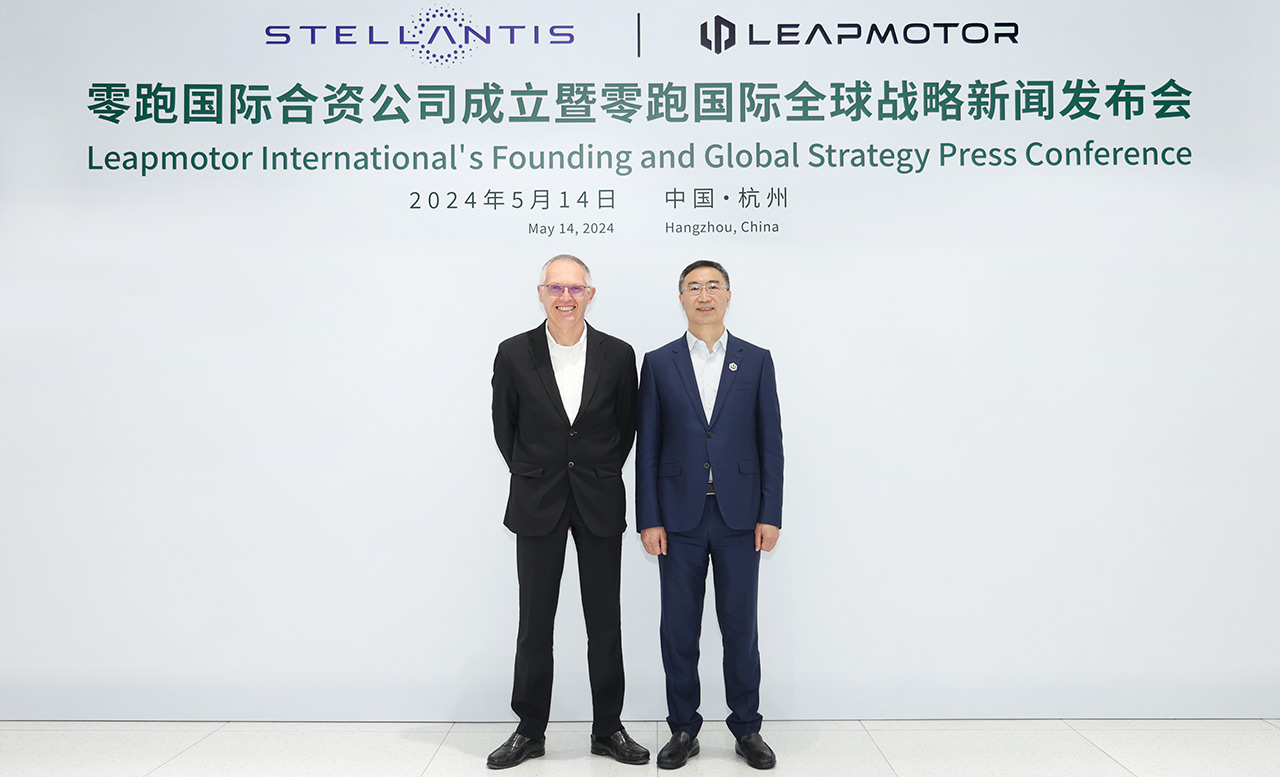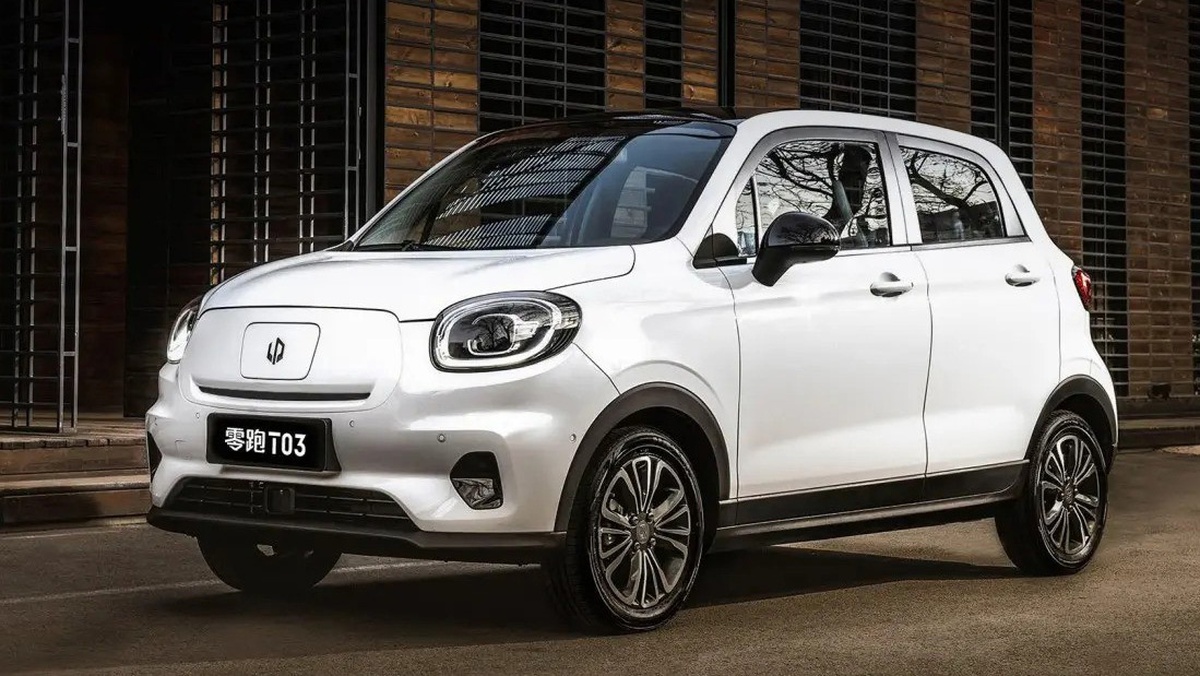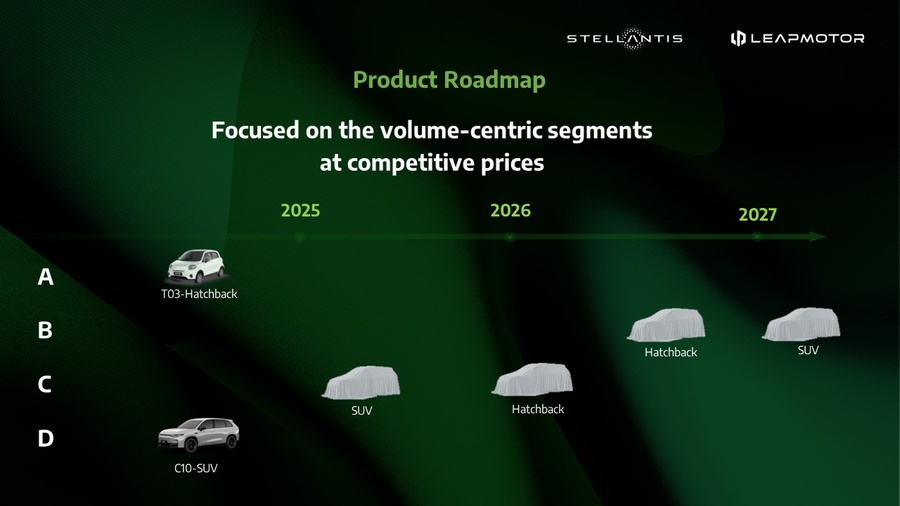Carlos Tavares, CEO of Stellantis, articulated plans for a flexible production strategy without fixed European locations. This ensures adaptability concerning potential customs duties that may affect manufacturing decisions. "We can accommodate different custom duties scenarios by using or not, depending on the regions, the plants that we have inside of the regions," Tavares communicated during his address.
The collaboration will begin by bringing two distinctive models to market: the T03 compact city car and C10 medium-sized SUV. These vehicles will be available through a network of 200 dealerships across various European countries. Stellantis aims to introduce at least one new model annually over the next three years as part of their aggressive sales strategy.
A key component of this strategy includes aggressive pricing under 20,000 euros per vehicle. By doing so, Stellantis plans to contest directly with other Chinese competitors like BYD who offer comparably priced models. "We do not intend to leave the 20,000 euro price band of the market to our Chinese competitors," Tavares stated clearly regarding their competitive pricing approach.
Leapmotor International reflects significant commitment from both companies; Stellantis holds a 51% share while Leapmotor has 49%. This joint venture builds upon a preceding $1.6 billion investment made last year by Stellantis for a 21% stake in Leapmotor. This prior agreement granted Stellantis exclusive rights to build and sell Leapmotor’s products outside China.
Looking toward future expansions, from Q4 2024 onward, Stellantis and Leapmotor plan to penetrate markets in South America, the Middle East and Africa, as well as India-Asia Pacific regions excluding North America due to undisclosed strategic reasons.
Stellantis operates under various notable brands including Peugeot, Jeep, Fiat, and Ram and refers to its partnership with Leapmotor as its fifteenth brand addition.
Source: Reuters




